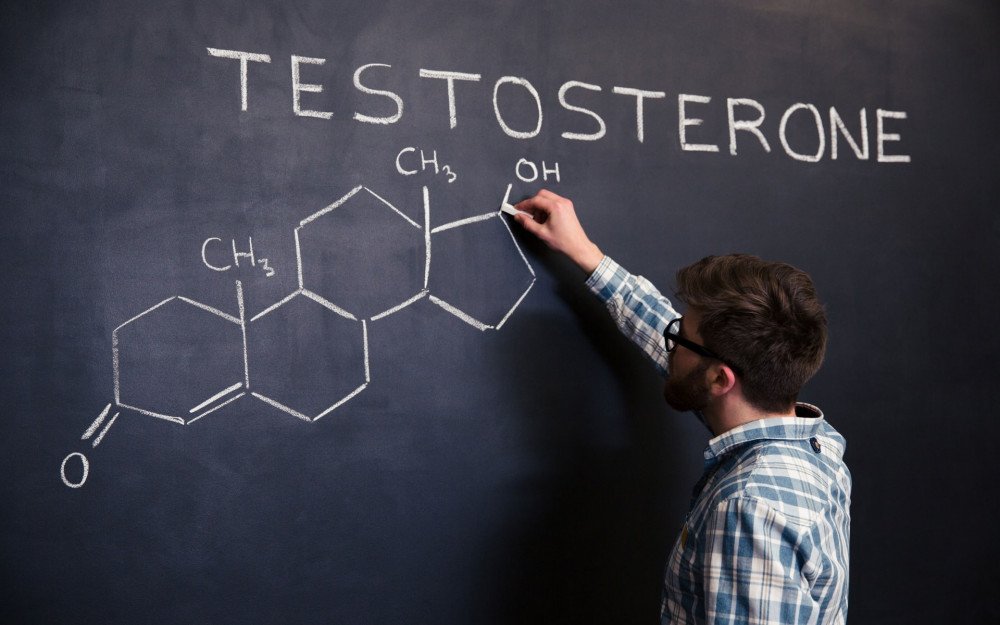Testosterone and Ageing
Testosterone is commonly-recognized as the 'master' male hormone because it controls and directs the rate of a man's sexual development.

Testosterone also plays a key role in determining a man's overall health and well-being. High levels of testosterone mean sexual, physical and mental energy, stamina and vitality. Low levels contribute to fatigue, premature aging and disease.
While testosterone levels naturally decline with age, a number of other lifestyle factors including stress, physical inactivity, over-training, lack of sleep, chronic illness, smoking .. drinking ..can also contribute to the onset of low testosterone.
Along with this decline in testosterone with age and lifestyle, many men also experience increases in the levels of estrogen. The result is a testosterone/estrogen imbalance that directly causes many of the debilitating health problems associated with normal aging.
The vast majority of men are surprised to learn that estrogen (a 'female' hormone) is also present in their bodies. It is produced in very small amounts as a by-product of the testosterone conversion process. In fact, balanced levels of estrogen in men are essential to encourage a healthy libido, improved brain function, protect the heart and strengthen the bones. But due to aging, body fat, hormonal replacement, pesticides, nutritional deficiencies, prescription medications and excessive alcohol intake many men experience high levels of estrogen which are detrimental to their health.
In fact, studies have shown that the estrogen levels of the average 54-year-old man is higher than those of the average 59-year-old women! The end result is that these high levels of estrogen can cause reduced levels of testosterone, fatigue, loss of muscle tone, increased body fat, loss of libido and sexual function and an enlarged prostate.
Customers Feedbacks
Please leave your feedback on products or service below.
Thank you beforehand.

